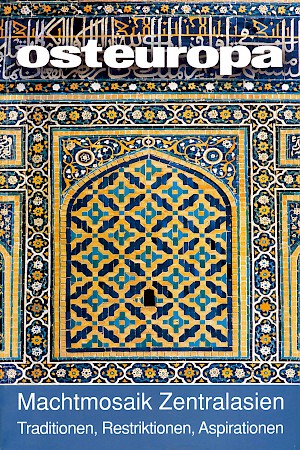Periphery, Centre, Problem
U.S. Central Asia Policy
Deutsche Fassung
Abstract
In den 1990s, Central Asia was for the United States primarily one thing: periphery. Wash-ington even did everything to ensure this remained the case. The region was to become a zone free of the great powers. But neither China, nor Russia – and especially not the Central Asian states themselves – had an interest in this. The United States was not completely so reserved either. It took part in the competition for Caspian oil. But disappointment in the failure of American democratisation efforts as well as a more realistic assessment of the oil resources in the Caspian Sea area led to noticeable waning of interest at the end of the 1990s. The turning point came on September 11, 2001. Central Asia promptly became an assembly area for the fight against terror. But the friendship between the Central Asian autocrats and Washington did not last long. The about-face came with the brutal deployment of Uzbek security forces in Andijan. Washington demanded an investigation; Tashkent felt snubbed. Moscow and Beijing have profited from the quarrel.
(Osteuropa 8-9/2007, pp. 295–312)



